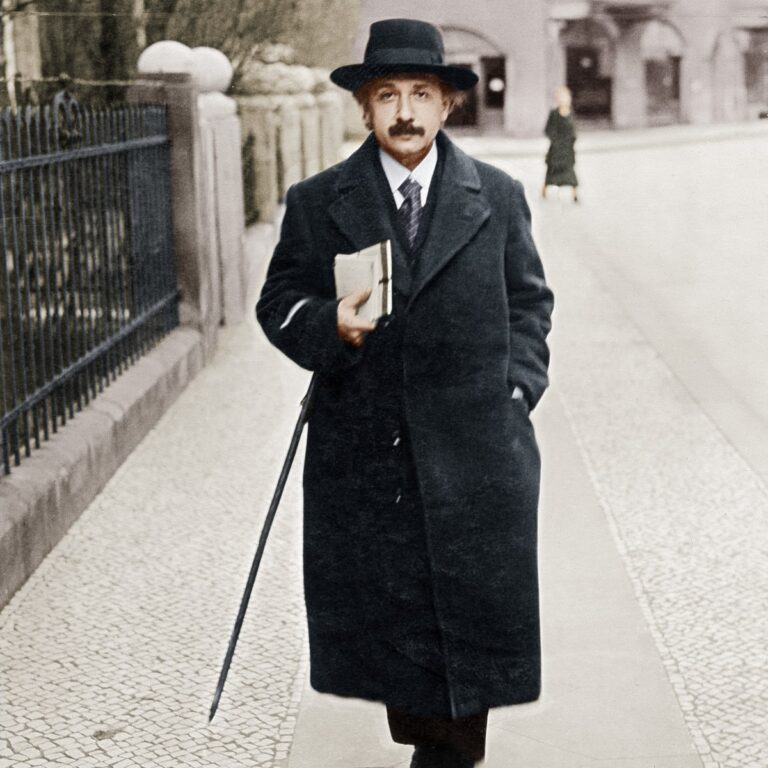Secure Classical Cryptography Using Quantum Superposition
Unconditionally secured classical cryptography using quantum superposition and unitary transformation
Abstract
+ Over decades quantum cryptography has been intensively studied for unconditionally secured key distribution in a quantum regime. Due to the quantum loopholes caused by imperfect single photon detectors and/or lossy quantum channels, however, the quantum cryptography is practically inefficient and even vulnerable to eavesdropping.
+ Here, a method of unconditionally secured key distribution potentially compatible with current fiber-optic communications networks is proposed in a classical regime for high-speed optical backbone networks.
+ The unconditional security is due to the quantum superposition-caused measurement indistinguishability between paired transmission channels and its unitary transformation resulting in deterministic randomness corresponding to the no-cloning theorem in a quantum key distribution protocol.
Content may have been edited for style and clarity. The “+” to the left of paragraphs or other statements indicates quoted material from “Source:” document. Boldface title is original title from “Source:” Italicized statements are directly quoted from “Source:” document. Image sources are indicated as applicable.

